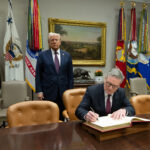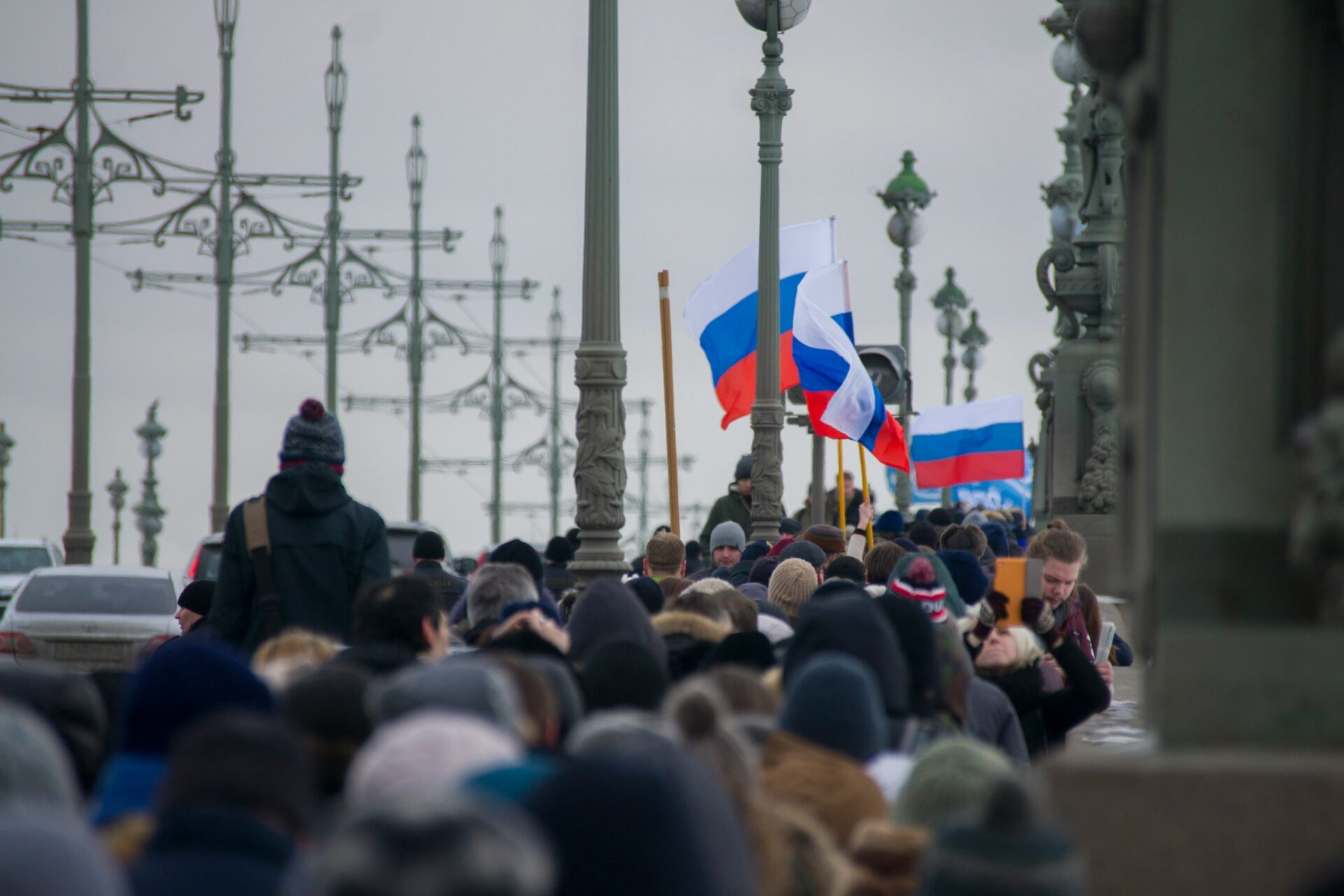European support for Ukraine as it fights off Russia’s full-scale invasion remains strong, albeit not equally distributed across the continent. What determines which countries and parties are more supportive?
That’s the question before the authors of a new paper, “The Russian threat and the consolidation of the West: How populism and EU-skepticism shape party support for Ukraine,” published this month in the journal European Union Politics.
In mid-2023, the authors surveyed the positions taken by political parties across 29 different countries. They found that, far from uniform support, 97 of the 269 parties rejected at least one of the following: provision of weapons, hosting refugees, support for Ukrainian ascension to European Union membership, or accepting that higher energy costs was the price to pay for support for Ukraine. The authors feel that this suggests that Western consolidation has overshadowed prior domestic disputes — but not overridden them entirely.
One might imagine that perceived threat from Russia to a party’s country would be the main determining factor on support for Ukraine. One might also wonder whether support was higher where the perceived threat was greater. But in fact, “ideology appears to be far more influential.”
Populism
The authors believe the level of a party’s European Union skepticism and populist rhetoric explains the bulk of variation for support for Ukraine. (Still, they also note that many such parties accept moderately pro-Ukraine positions once in power.)
They note that populism is motivated by the assertion that the elite is corrupt and legitimacy comes from the people — which they often define in an ethnically exclusive way. In this case, the war in Ukraine fit into the populist worldview with the claim that governments were sacrificing their own people’s needs “to protect the status quo.”
In the eyes of most EU-skeptics, the mobilization of the EU behind Ukraine strengthens supranationalism, undermines national sovereignty, and threatens the authenticity of the national community.
There is also overlap, they suggest, between this populist penchant and a preference for centralized power and limits on political freedoms and pluralism (which is to say, a preference, at least in theory, for authoritarianism).
Further, EU skepticism is directly counter to support for Ukraine: “In the eyes of most EU-skeptics, the mobilization of the EU behind Ukraine strengthens supranationalism, undermines national sovereignty, and threatens the authenticity of the national community.”
Remaining Questions
The authors note two remaining inferential challenges. First, there is the question of whether ideology shapes party position on Ukraine, or whether party position on Ukraine shapes ideology. The authors believe they have inferential support for the former. Second, they ask whether their finding that joining the government makes them moderately supportive of Ukraine is “spurious” as only moderate parties join governing coalitions.
But by doing comparisons of party positions before and after joining government, they are able to provide evidence that these parties are induced to moderate their positions once in government (particularly since conservative parties, which are more likely to join these coalitions, are also likely, at least historically, to be pro-NATO).




















